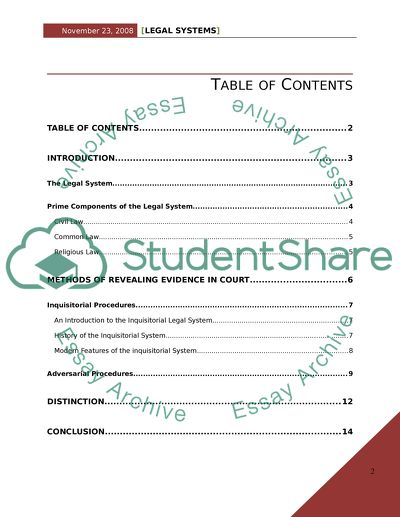Cite this document
(“Inquisitorial System & Adversarial System Article”, n.d.)
Retrieved from https://studentshare.org/law/1511111-inquisitorial-system-adversarial-system
Retrieved from https://studentshare.org/law/1511111-inquisitorial-system-adversarial-system
(Inquisitorial System & Adversarial System Article)
https://studentshare.org/law/1511111-inquisitorial-system-adversarial-system.
https://studentshare.org/law/1511111-inquisitorial-system-adversarial-system.
“Inquisitorial System & Adversarial System Article”, n.d. https://studentshare.org/law/1511111-inquisitorial-system-adversarial-system.


